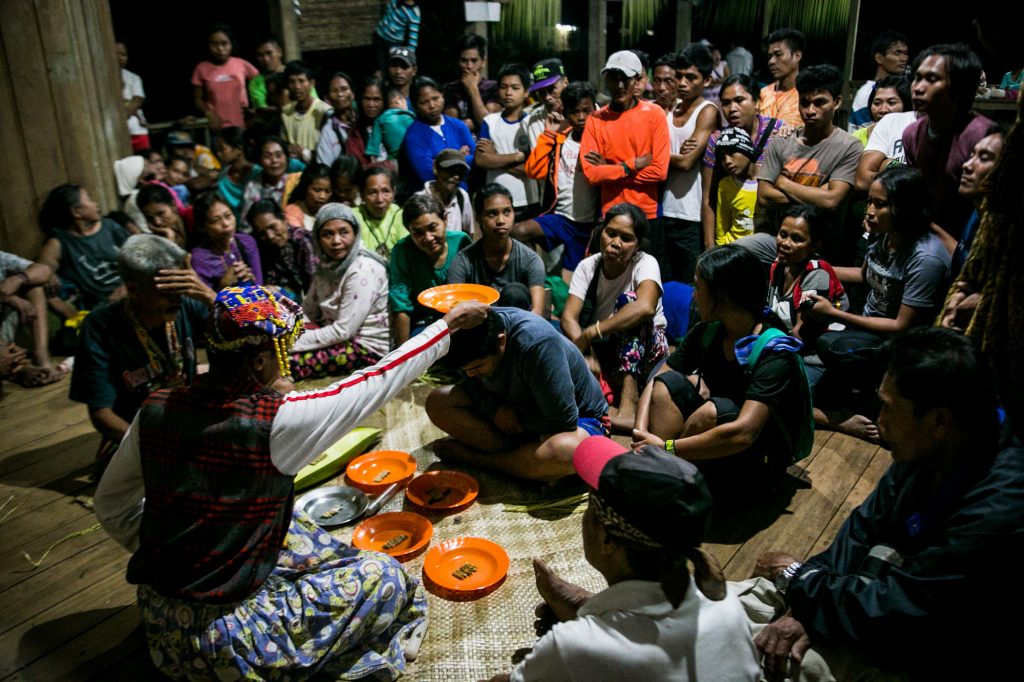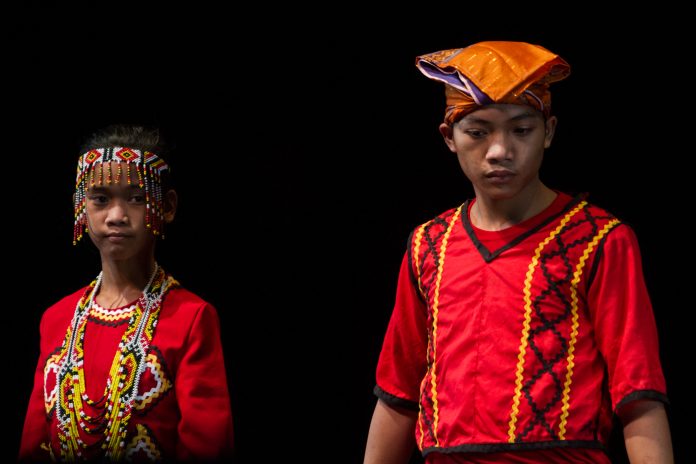The Iglesia Filipino Independiente (IFI), or Philippine Independent Church, launched an “Indigenous People Online Desk” on August 9, International Day of the World’s Indigenous Peoples.
The program aims to provide tribal people and advocates of indigenous peoples’ rights “another platform to report and seek assistance” on human rights violations and attacks.
Father Christopher Ablon, national coordinator of the program, said the online desk is part of the Church’s “continuing commitment to walk with our indigenous brothers and sisters.”
He said it is important to maximize the use of social media and the internet “as a platform to advance the plight of the indigenous people in the country.”
The IFI-Indigenous Peoples Online Desk, or IFI-IPOD, “commits to sustain regular online advocacy engagements on the rights of the indigenous peoples,” said the priest.
The priest said the program will be used as a venue for “online discussions to promote public awareness” on indigenous peoples’ rights and “to foster fellowship” with tribal people.
The program also includes “virtual health clinics and educations” and a support system for various campaigns and advocacies.
“It will also be used for ‘virtual’ fact-finding missions in places where there are reports of human rights violations while our movement is restricted due to the pandemic,” he said.
There are an estimated 370 million indigenous peoples living in more than 90 countries, or five percent of the global population, comprising 15 percent of the world’s extreme poor.
In Asia and the Pacific, there are more than 260 million indigenous peoples, or 70 percent of the world’s total indigenous population.
In the Philippines, tribal people make up 10 percent of the total population.
According to human rights group Karapatan, there were at least 59 indigenous peoples who were victims of extrajudicial killings from July 2016 to June 2020.
Father Ablon called on the public to extend its support to indigenous peoples “especially now that the pandemic is not only the treat to them but many government policies.”
The priest lambasted laws and policies that “allow the destruction of the ancestral lands” and “displace thousands of tribal communities across the country.”

In a statement, the International Indigenous Peoples Movement for Self Determination and Liberation (IPMSDL) hit extractive industries, energy projects, agro-industrial plantations, and infrastructure projects in tribal lands that “remain incessant while the world grapples with the COVID-19 virus.”
Beverly Longid, global coordinator of IPMSDL, said “indigenous communities remain in the margins when it comes to access to health and basic public services, land rights, and environmental conservation.”
Despite the recognition of their “role as nature’s guardians,” she said tribal people remain among the poorest and most vulnerable sectors in society.
“Our goals for an inclusive society must aspire not just for access but an equal role for the minorities and marginalized in social protection, in policies on ancestral domains, and in steps to eliminate all forms of oppression and discrimination,” read the group’s statement.
Longid claimed that several states, including the Philippines, have “weaponized their Covid-19 response by intensifying militarization and enacting draconian laws that target critics instead of implementing a comprehensive medical plan to address the pandemic.”
She said the global health crisis “laid bare the horrid truth of social inequalities” and “exposed unequal and inaccessible health care for the indigenous peoples.”
Catholic priest Raymond Ambray of the Diocese of Tandag said religious institutions “have to carry on the commitments and ministries for tribal people despite attacks and harassments.”
“Those people and organizations, including the Church, that are siding with the tribal people have recently become targets of state-sponsored attacks and intimidation,” he said.
The priest urged church people “to stand the ground” and “act to amplify the voice of the marginalized sectors.”
“We must use every possible means to protect those people who are protecting the ancestral territories that are considered as the last lung of the planet,” he said.









